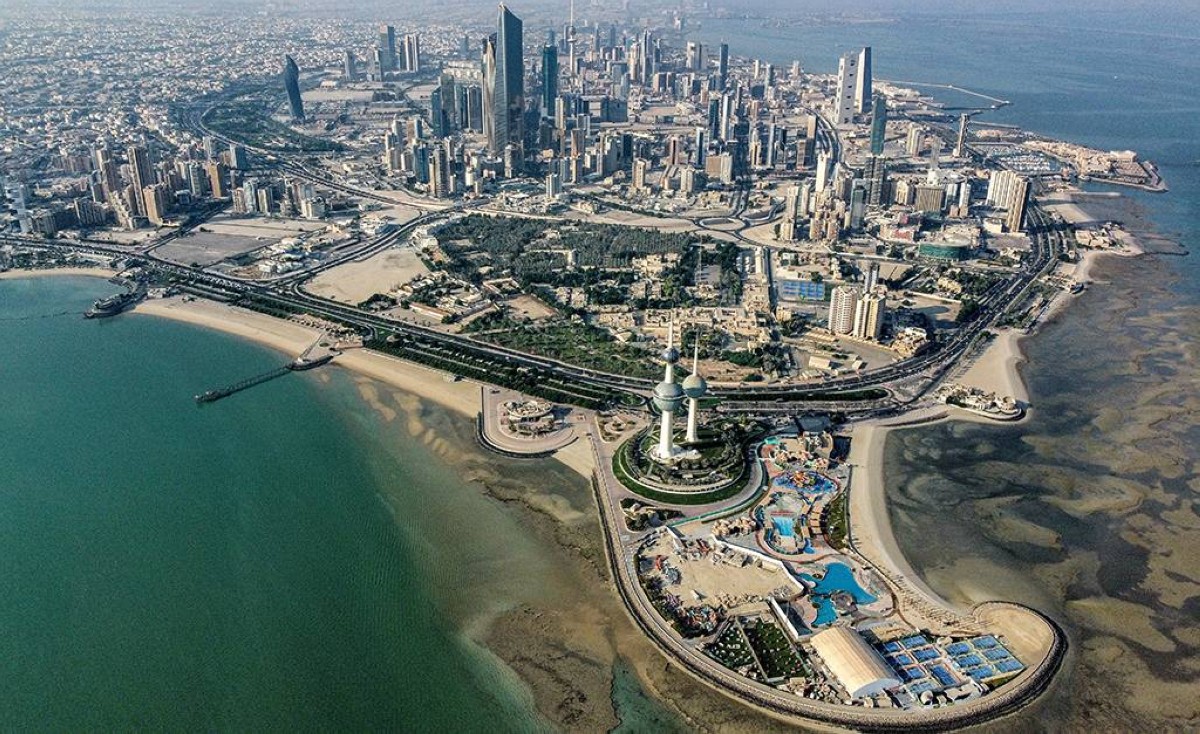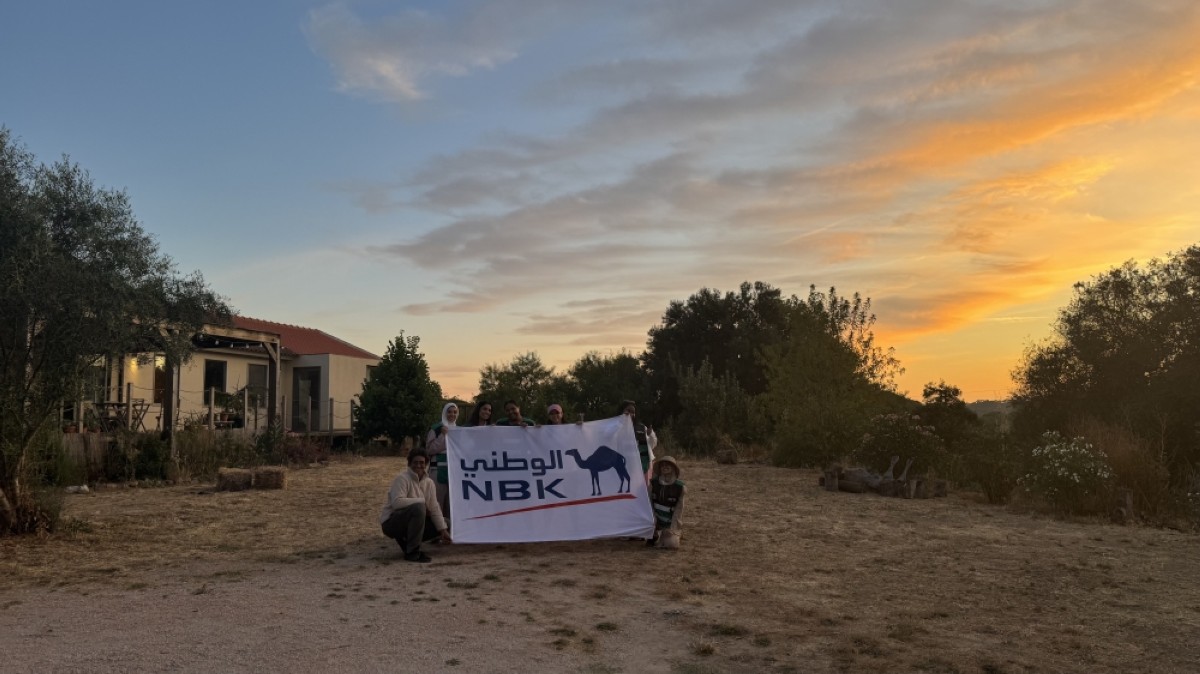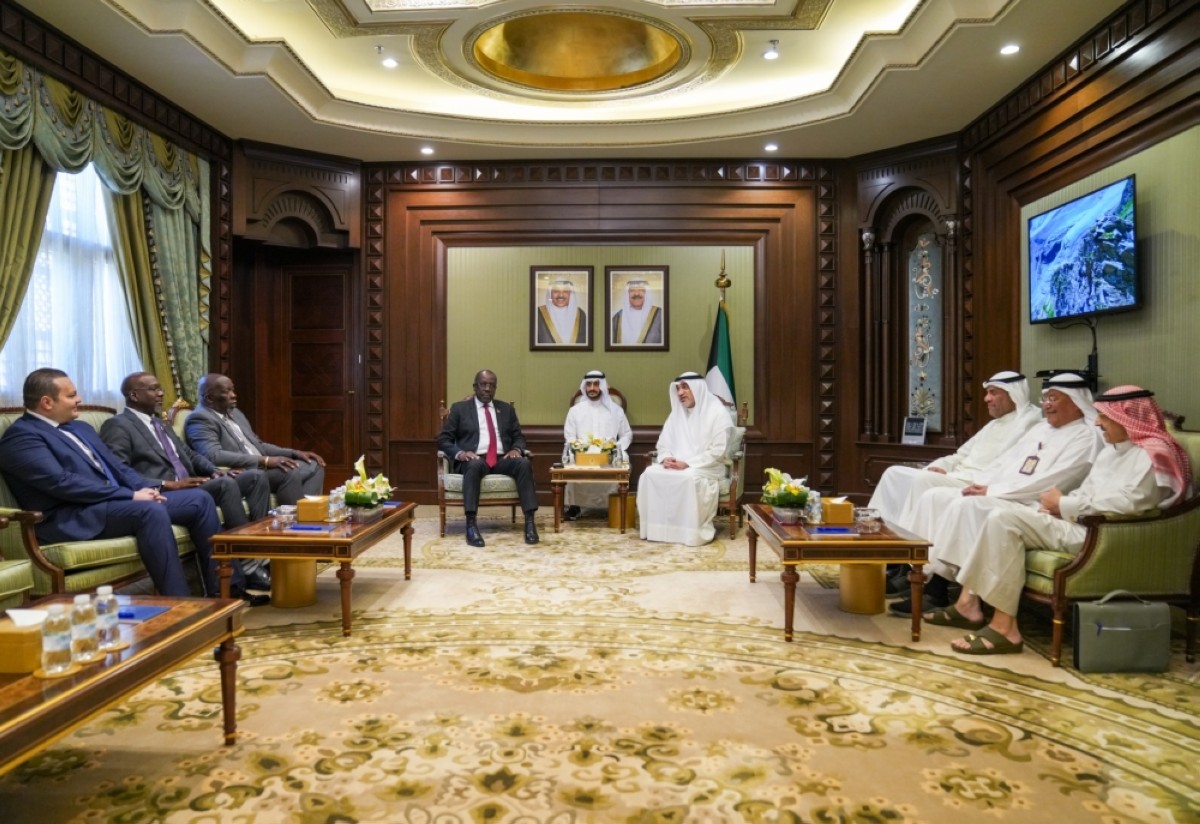By Christine Susan Shine
KUWAIT: Despite the global shift toward online shopping, people in Kuwait remain firmly loyal to in-store experiences. According to a 2024 Ipsos report, Spotlight Kuwait: Online Shopper Behavior and Attitudes, 86 percent of Kuwait’s population still prefers to shop in physical stores, making it one of the few markets globally where traditional retail continues to dominate.
In the US, for example, online shopping continues to gain ground over traditional retail, with the overall retail sector projected to contract by 0.2 percent over the next decade. During the 2024 holiday season, 76 percent of American shoppers were planning to buy at least half of their gifts online, according to a CNBC article.
On the other hand, the Ipsos poll found that only 14 percent of Kuwait’s population favors online shopping. Analysts attribute this trend to a mix of cultural habits, convenience, and a lack of trust in online platforms — factors that have shaped a uniquely Kuwaiti approach to retail.
The poll surveyed 500 people across the country, with a sample representative of the population across gender, age (18+), nationality and socioeconomic status. According to Aftab Ellahi, Chief Client Officer at Ipsos Kuwait, mistrust is a big reason people avoid online shopping. “With so many phishing scams and shady websites, people, especially expats — just feel safer paying in-store,” he says.
Kuwait’s small size and conveniently located shopping areas are another factor, a sales official in one of Kuwait’s largest retail companies tells Kuwait Times. “It’s actually easier to get around here than in most big cities,” says an expert in the market. “Traffic’s manageable, everything’s close, and shopping feels like a mini outing.”
Walk into any mall on a weekend and you’ll feel it, the energy of a community that loves to shop, not just for products, but for the experience. In Kuwait, malls are more than shopping centers — they’re weekend spots. With limited entertainment venues, heading to a mall has become a leisure activity. For many, shopping is a social ritual where families meet, and friends catch up.
Fatima, who didn’t give her last name, says no app can replicate the joy of stumbling upon the perfect outfit or bargaining your way to a sweet deal. “We love to touch, try, and explore the products before buying,” explains Fatima, a long-time shopper. “Online images can be misleading. What looks great on screen might not suit us in person.”
Some shoppers like Gabriel, a 29-year-old who didn’t give his last name, gets the best of both worlds: “I order groceries online — it’s fast. But for shoes? I need to try them on. No exceptions.”
Only 14 percent of people surveyed say they prefer online shopping. Even for everyday tasks like bill payments and travel bookings, Kuwait’s population is slower to go digital: 37 percent pay their telecom bills online, while 27 percent use the internet to book their travel.
Surprisingly, this love for physical shopping spans generations. According to Ipsos, two thirds of those aged 45+, and those between 25-44 still enjoy going to stores. Even Gen Z isn’t fully digital — 43 percent of shoppers aged 18–24 say they’d rather try before they buy.
While much of the world settled into a digital-first life after COVID-19, Kuwait swung back to its roots. “People missed the human part of shopping,” says Ellahi. “They want to feel fabrics, smell perfumes, try on clothes — that emotional satisfaction is irreplaceable.”
This shift doesn’t reflect a rejection of digital convenience, but rather a preference for balance. A blend of online accessibility and in-person experiences is shaping Kuwait’s retail landscape, where shopping remains as much a cultural and social activity as a commercial one.


 Business21 hours ago
Business21 hours ago
 Politics10 hours ago
Politics10 hours ago
 Politics22 hours ago
Politics22 hours ago
 Latest News19 hours ago
Latest News19 hours ago
 Politics11 hours ago
Politics11 hours ago
 Politics21 hours ago
Politics21 hours ago
 Latest News21 hours ago
Latest News21 hours ago
 Latest News11 hours ago
Latest News11 hours ago
















